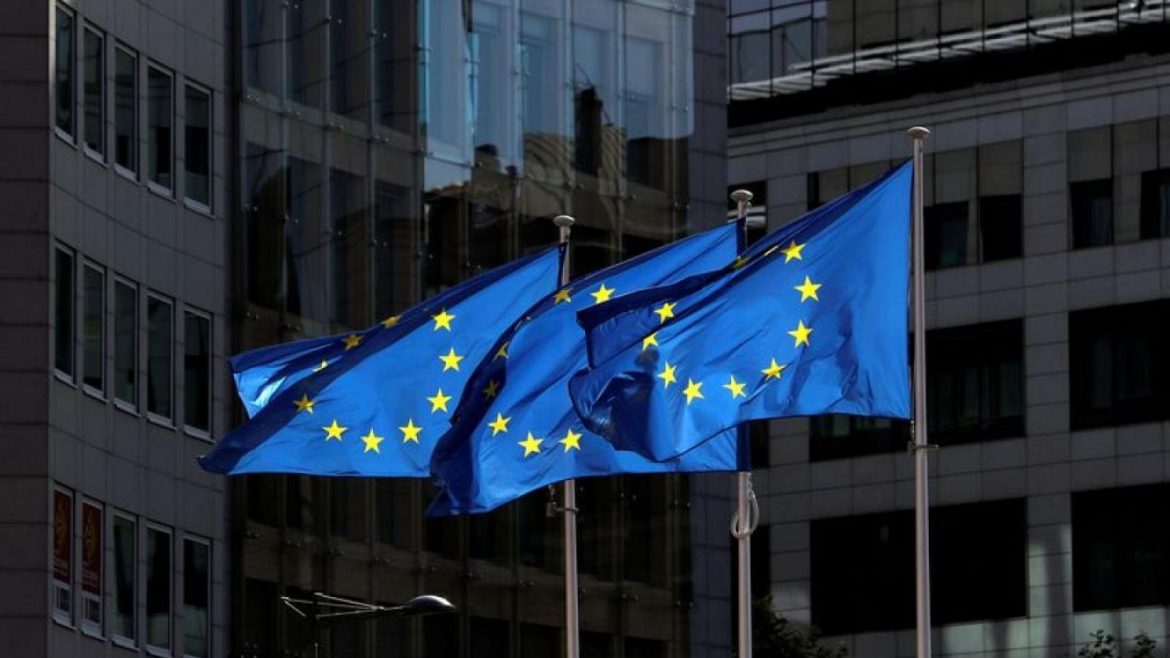Companies in the EU will now have 10 days to justify green claims about their products or face “effective, proportionate and dissuasive” penalties under a draft EU crackdown on greenwashing seen by reporters, albeit it takes no position on which penalties the EU’s 27 countries should use under the law to save the equivalent of up to 7m tonnes of CO2 emissions over a 15-year period.
This is coming as inflated claims by firms about their products’ environmental bona fides have grown along with public awareness of global heating in recent years.
One EU survey in 2020 found that 53% of environmental product claims were “vague, misleading or unfounded”, thereby making authorities suspect that 42% of green product gambits of being “false or deceptive” when another survey was conducted the same year.
Read also: Kerry says Brazil’s Amazon must be protected to reach global climate goal
The substantiating green claims directive that is due in March will force firms to comply with a new legal framework, although greenwashing claims can circulate in a wild west market environment for now.
The European Consumer Organisation (BEUC) said it strongly supported the plan for beefing up market surveillance authorities to fight greenwash. But “a future EU green claims law will only be as good as its enforcement, said BEUC’s director, Monique Goyens.
“Authorities should regularly control green claims, publicly disclose their findings, and be able to fine companies who mislead consumers,” she said, adding that phrases such as “climate positive” and “carbon neutral” should be “banned from the market altogether”.
An EU official that spoke on condition of anonymity said that, taken with a proposed empowering consumers directive, the green claims law “should clean up the environmental claims marketplace, where it is a bit footloose and fancy free vis-a-vis what manufacturers say about their products [and the reality]. These proposals could improve that dramatically.”
The new directive obliges firms to substantiate green claims using a standardised product lifecycle analysis that covers all environmental impacts, with important data – including a certificate of conformity – available to the public via QR code or a weblink.
EU states will have to empower or set up new agencies to launch investigations, make regular checks and generally enforce the new law, the draft says.
Story was adapted from the Guardian.
